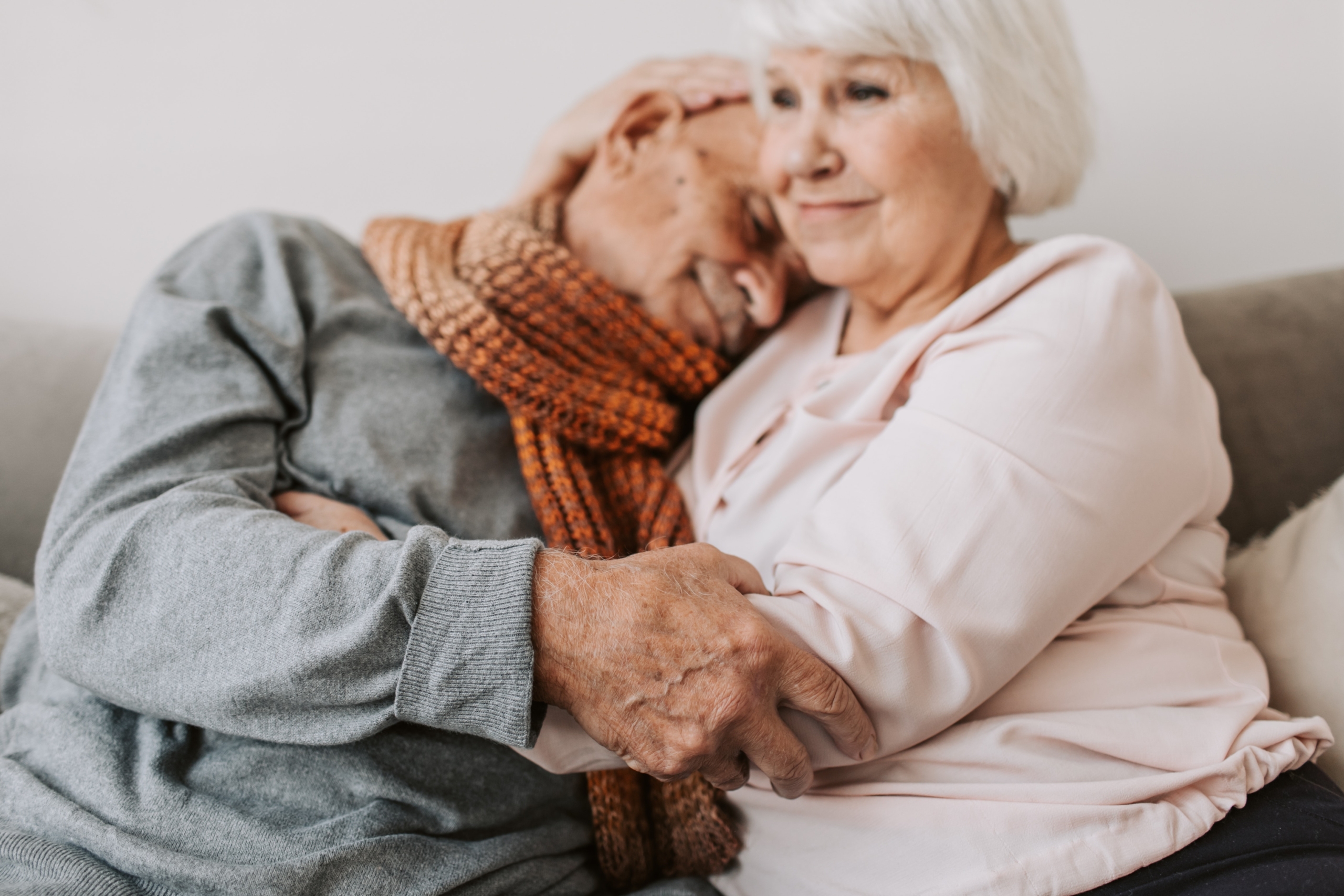Written by Carolyn Rosenblatt
Do you want to honor your parents’ independence as they age? Maybe it’s a myth. These three people learned what’s wrong with the idea.
Rob was power of attorney over his Dad’s finances. He knew his Dad had memory issues and early dementia, but he let him control what he did with his own money. Bad idea. Dad fell in with some new “friends” who were a couple of con artists and they have been steadily depleting his checking account every month. Dad’s independence led right into looming financial ruin. The burden then falls on Rob. This is not a smart way to honor his father. He could have taken over the checkbook and protected his Dad. He just couldn’t bring himself to do it until it was too late.
Jennifer has been having dinner with her Dad at their favorite restaurant for years. He lives in assisted living. He is 93 and still drives. At night. This week, the local authorities have been posting notices all over the county and on TV that Jennifer’s Dad is missing. It seems he drove to the restaurant, in the rain and had dinner with Jennifer. But he never made it home that night. Jennifer speculates that “in the dark and in the rain, he might have gotten lost. Confusion must have set in”. The problem with her thinking is that confusion doesn’t suddenly “set in”. It’s probably been there for years and she didn’t want to face it that Dad should not be driving, particularly at night. If an aging parent goes missing, it is inevitable that his loved ones will wonder what they could have done to prevent it.
All of these situations are true cases. All of the adult children have something in common. They want to believe that their aging parents are still 100% capable even though many danger signs are there indicating that they are not fully capable. They want to do the right thing by allowing their aging parents freedom and full decision-making but common sense would dictate that full freedom is too dangerous.
It’s human to be in denial about hard things in life. Don’t we see it all the time and don’t we ourselves need denial to cope with the most tragic, painful and sad things we encounter? We see an aging parent beginning to fail in some way and we pretend it’s not true. They always handled the checkbook fine so why not now? The answer is that aging and dementia take their toll. At least a third of people over age 85 have dementia and there are probably many more who have symptoms of the disease but have not been diagnosed. We need to face the music. Parents with memory loss and dementia need our help a lot more than they need full independence about everything, especially money.
Rob will very likely end up supporting his father. He is very worried about that. Mitch is now facing an ugly confrontation, and possible legal action to have his mother declared incompetent before the freeloader she let move into her home steals her blind. And Jennifer’s Dad is now missing for a week, in cold, rainy weather. No one can find him or his car. Will he be found alive? All of these adult children have a much more sober look now at this concept of “honoring their parents’ independence”. They all have their regrets.
The takeaways
The sadness of these situations compels me to share them with you in hopes that you will see that “honoring parents’ independence” can be a myth. It sounds nice. We do honor their independence as much as we can but within safety limits.
If you have a loved one with any memory loss, beware.
Here are three things you can do now to help your aging parent have freedom but under your watchful eye and your necessary control.
1. Get a Durable Power of Attorney for Finances and a healthcare directive signed now. If your aging parent is given any diagnosis of “early memory loss”, “mild cognitive impairment” or dementia, including Alzheimer’s Disease. it is highly likely to put your parent in danger with financial decisions sooner rather than later.
2. Suggest adding your name to the checkbook or other accounts where your aging parent keeps the cash. You can then monitor the accounts online as a safety precaution. If need be, you can transfer the bulk of assets out of a parent’s reach so they will not be ripped off by an impaired parent having access to it. They keep the regular check book, but with a lot less in it. Ditto for other accounts Dad or Mom can tap. Cut up excess credit cards and watch all activity online.
3. Have a heart to heart talk with any elderly parent over age 80 about driving. Maybe they are just fine. My mother in law, Alice is 93 and still drives. However, most elders must limit driving as they age. Alice doesn’t drive at night and she has set a date to give it up altogether. If Jennifer had recognized that her father could get confused, she could have offered to drive him to dinner or suggested other means of transportation at night and in the rain when visibility is more limited. Maybe it was time for him to give up the keys well before the night he went missing.
I wish anyone with an aging parent a clear eye to see how vulnerable they can become as they age. You’ll feel better if you take protective action early on. Millions of people are in your shoes. We need to be smart together to keep our loved ones as safe as we can.

